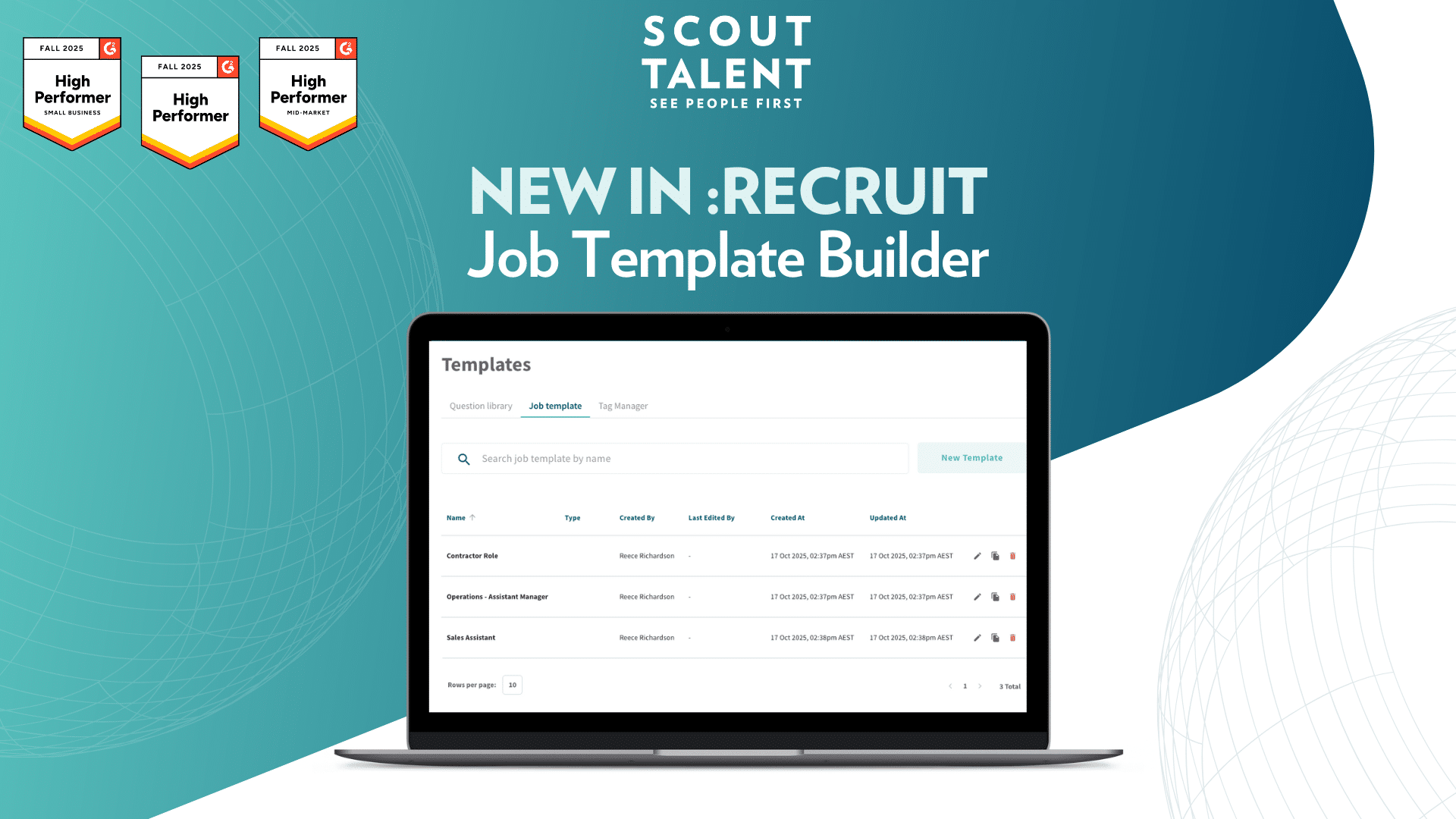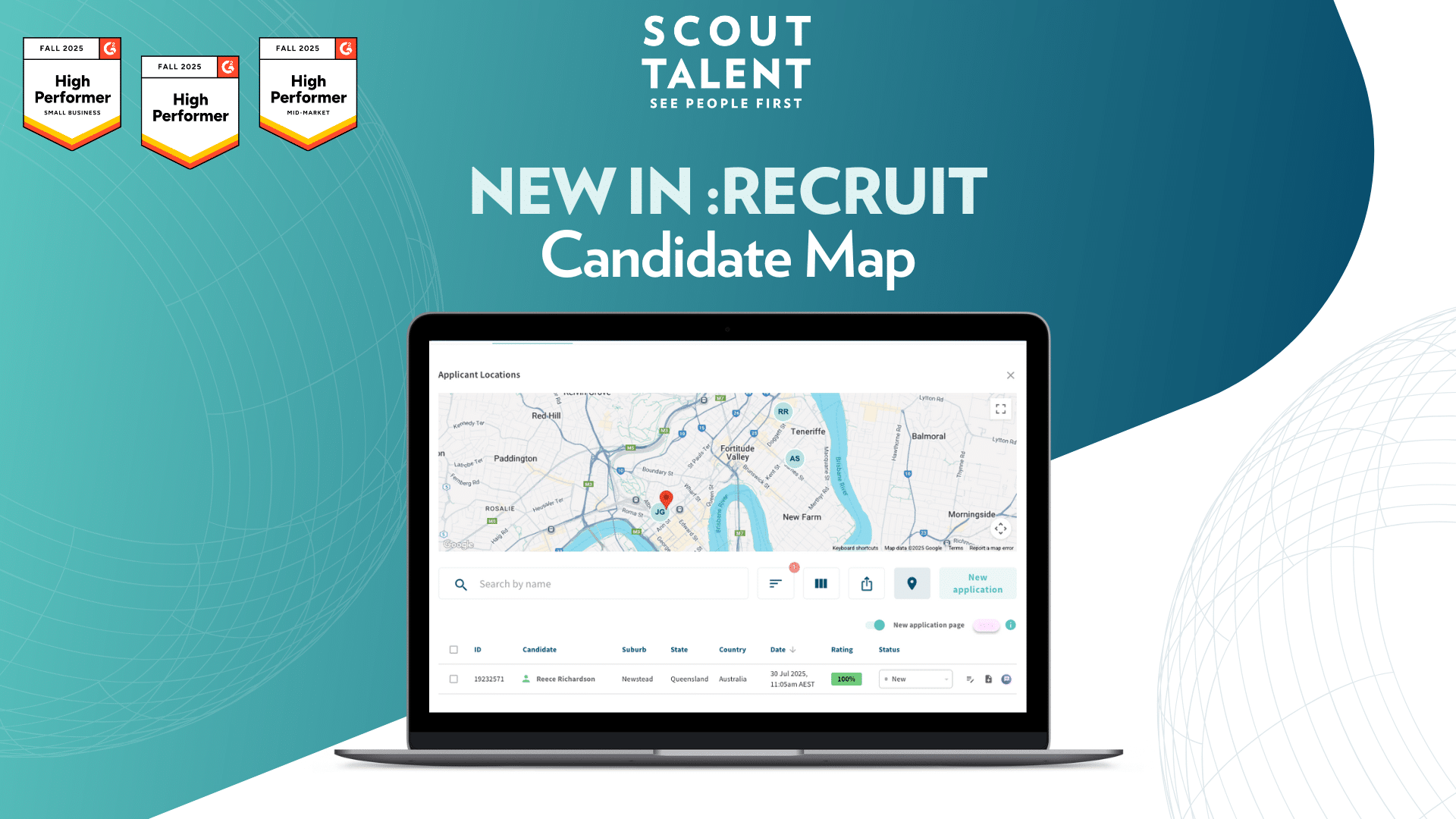Need to attract and retain more of the top talent? Re-evaluate your work incentives.
Ask any recruiter – what is one of the biggest dilemmas they face? The answer will probably be attracting high-quality talent. Further to that, retaining that talent once you’ve made a great hire. This leads into one of the largest discussions organizations have: what are going to be the employee incentives?
Previously, it has been widely acknowledged that individuals are motivated by two things; money and recognition. However, while there used to be more of a push towards work incentives being one of these two things, we are now finding a shift in what candidates are looking for when they apply for a job.
Candidates are now less interested in performance pay bonuses and more motivated by a wider variety of stimuli, such as; company culture, brand reputation, professional development opportunities, broader remuneration packages and more. Similarly, the incentives that retain employees are also changing.
According to Forbes, Millennials are now demanding a better work life balance and as a large percentage of the workforce, their opinions will soon become majority. They also hold the power; with the market becoming more candidate driven, they make choices on which company they want to work for and are happy to job hop as seen fit.
The Google definition of incentives is: “a thing that motivates or encourages someone to do something; or a payment or concession to stimulate greater output or investment”. When we read this, 3 words jumped out at us – motivate, encourage and stimulate. Imagine the possibilities of a team that are motivated, stimulated and encouraged to pursue their goals!
Why work incentives are important:
We often hear that the greatest employee incentive is not so tangible – it’s about how employees feel about their workplace. In The Truth About Employee Engagement (Patrick Lencioni, 2015), Lencioni notes that being happy with your work is linked with:
- Feeling like you matter
- Feeling like what you do has an impact
- Feeling like you are making progress.
And the most contributing factor to achieving this is leadership and development opportunities. Meaning, leaders play an important role in how employees feel about their work.
A study completed in Australia (2011), identified that the biggest difference between low and high performing workplaces was the amount of time leaders spent with their team members. Building these relationships, endorsing the opportunities to move up the ranks of a company and positively contributing to a meaningful vision is crucial in keeping employees motivated.
In his article for BBC Worklife, Chris Stokel-Walker states that ‘men between the ages of 25 and 34 spend on average just 2.9 years with each employer – a drop from 1983, when the average tenure was 3.2 years.’ So, not only is it important to attract the top talent to your role, it’s important to give them a reason to stay. Retention techniques, such as career progress internally, need to become a strategy when attracting candidates.
The benefits of non-monetary incentives:
As well as providing internal progression opportunities and development, many organizations are now also turning to more unique incentives that focus on wellbeing instead of just throwing cash at high performing employees.
While there are certainly dozens of benefits to providing employees with non-monetary incentives that improve their happiness at work, here are three key reasons why this technique can help retain employees:
- In the words of the Rembrandts, ‘when it hasn’t been your day, your week, your month or even your year’ then a team member may be missing out on the monetary incentives regardless of how hard they work. How can you keep employees who are putting in a lot of time and effort, but not quite hitting their KPIs, from feeling unappreciated in their role or from moving on? With non-monetary rewards you can appreciate this team member’s effort in a natural manner; encouraging them to keep up their efforts and improving their work happiness.
- Stress can cause a number of physical health issues. Non-monetary incentives can help reduce stress in employees, giving them an outlet that improves their mental health and preventing the need for time off work to recover physically. Great outlets for stress and a focus on mental health will also improve happiness and the overall wellbeing of your employees.
- Recognition helps build a great employer brand as your team will feel more appreciated and motivated; they therefore become advocates of your brand, naturally promoting it to potential customers and applicants.
What needs to happen now?
Organizations need to work out what incentive schemes work for them; understanding how they match the vision and the culture they want to promote as a business. We’ve been doing some research and here are what we think are five, excellent non-monetary incentives:
- Paid professional training and development
- Bonus vacation and having birthdays off
- Flexible working hours
- Pet-friendly environments, or doggie daycare/grooming discounts
- Fitness incentives
Why are these great? Due to current circumstances, such as an increase in economic insecurity and a greater, more open discourse on mental health; wellbeing at work is a driving force of candidate attraction. Candidates no longer simply want to be a cog in the greater machine, they want an opportunity to progress and grow in their career coupled with a good work life balance.
How can Scout Talent help?
Our Learning Management System, Scout Learning, has the capacity to build a course that any organization can customize to upskill their team members. With Scout Learning, you can have access to thousands of training topics from across various industries; covering compliance, professional development and more.
Our Learning Management System can be tailored to suit your organization’s branding and training requirements. From IT skills, project management and communication skills to business compliance and health and safety; Scout Learning can be integrated into your organizational culture. Plus, with increased employer branding awareness, create popularity by becoming an employer of choice with great employee development incentives.
Why will this benefit my organization?
Again, there are many benefits to your organization. It all comes back to Lencioni’s theory of happiness being a driving factor of employee engagement. While monetary incentives can contribute to this happiness, the ability to be happy at work will improve employees motivation to reach their targets and put in as much effort as possible to their career growth.
Non-monetary incentives are the answer to this as it allows all employees to be happy in their roles. A happier workforce is a more motivated, stimulated and encouraged workforce – increasing overall productivity and retention of top talent.
Want to know more about Scout Learning?
If you would like to find out more about how Scout Talent can help you improve your recruitment processes in ways like this, reach out to us at hello@scouttalent.ca or click the button below.




